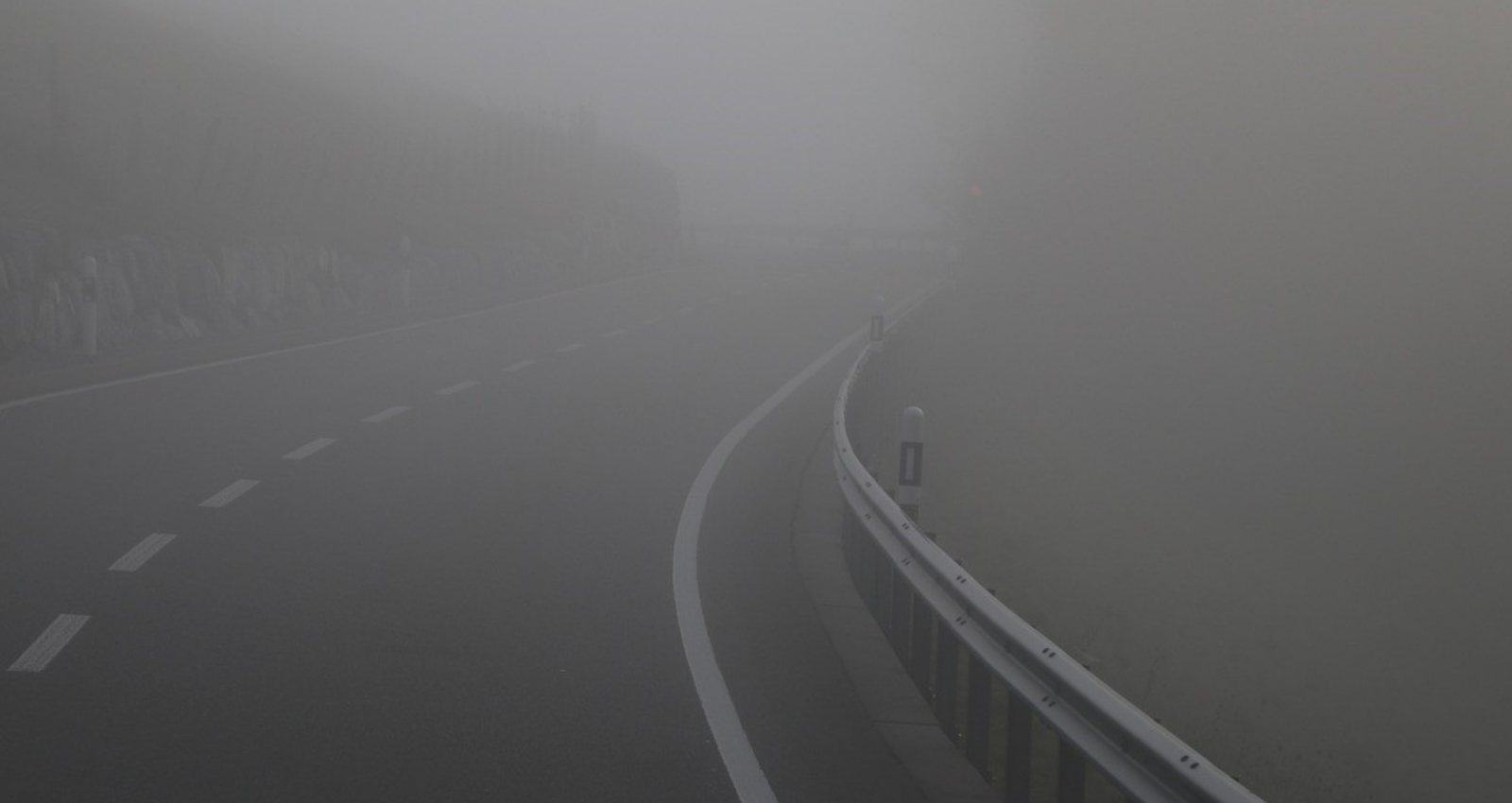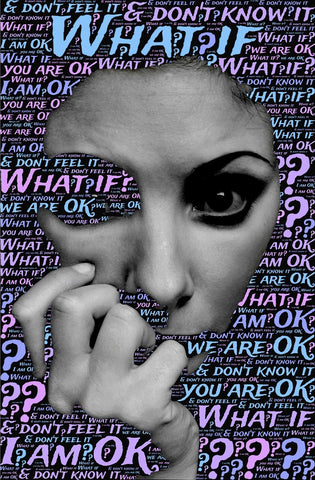
Obsessive Compulsive Disorder Is a Server Condition
In addition to autism there are three other conditions I have which require lifetime therapy and medication. These are Sleep Paralysis Disorder, HSAM and Obsessive Compulsive Disorder.
Autism is widely heard of in this current age. Though I constantly receive much interest about my three lesser known diagnoses. Yes, Obsessive Compulsive Disorder is a familiar household name; however it’s actual meaning and characteristics that come along with it are in truth much less understood
My Obsessive Compulsive Disorder gives me clinical anxiety and worries every day. Without psychotherapy and Xyprexa (a pill I take each night) I can not live a life that is at all easy. Even with therapy and medication I really do have to put heaps of work into maintaining good mental and physical health each and every day.
The true meaning of Obsessive Compulsive Disorder isn’t nearly as understood as the name of the disorder is heard of though. Currently so many people jokingly state that they’re having “OCD moments” whenever they experience minor concerns about neatness and cleanliness. There are definitely claims of having OCD that are true (even if a person has not as yet received an official diagnosis). But nowadays so many people mistake OCD as being a label for a meticulous personality type, and I’m finding that so many assume that it’s not even a real condition that can be diagnosed.
Yet OCD is a real condition, and depending on it’s severity from case to case OCD can significantly disable a person’s life. Psychology has been aware of this condition for many decades. However all the jokes people give about having OCD moments have unfortunately reached the ears of psychologists, as well as the rest of society.
Whenever I’ve met a new psychotherapist and have been required to briefly discuss all of the conditions affecting my mental health, they almost always stop me at the point of my diagnosis of Obsessive Compulsive Disorder. These moments mentioned have either involved them saying that I must be careful about labelling myself with OCD, and initially correct me by saying “So you feel that you may have OCD-like traits” before knowing about me and my diagnoses a little bit more.

As a teenager I was diagnosed with clinical Obsessive Compulsive Disorder because I always worry about certain things, and these worries quickly escalate further and further until they become experiences of uncontrollable panic. Whenever we worry it involves us being concerned that something bad (may) happen; whereas panic involves us being concerned that the absolute worst is already happening.
In truth OCD causes a person to excessively panic about certain situations and experiences. They don’t always necessarily have to be clean and tidy either. However by saying that, germs are a common concern amongst cases of OCD because germs and illness have the potential to cause death. Living by strict timetables and repetitive schedules is also common, because doing things that we know have worked successfully in the past gives us a comforting feeling that the future will be safe. Also, regardless of how many times we remind ourselves that our fears are irrational, we’re still unable to eradicate the panic from our mind.
This year I’ve found social distancing and working in a more isolated way a very pleasing and calming experience (another diagnosis I have is autism with social anxiety). However going into public places with dangerous germs around has given me a great deal of anxiety and fear. This is when OCD rears it’s ugly head.
A recent example happened a few months ago when I had intense fears about going to my local shopping centre because of the Covid situation. Eventually after much reassurance I decided to go there to pick up some ingredients for my curry that I was set to make on the upcoming weekend.
However later that week I heard some very concerning news that two fellow shoppers (who were there when I was in the shopping centre) were infected by Covid and had travelled from interstate illegally. It seemed as if all my fears were confirmed. I knew that there would also have been other people who did the exact same thing without getting caught.
These worries quickly escalated into uncontrollable panic which involved weeks of therapy, fears of leaving the house and meltdowns. In my panic I genuinely believed that I had caught Covid, that it would be missed by error in the test, and that I would be unlucky enough to get a severe bout that would result in death.
On the first night after hearing about those two young women being in the same small building as me, I didn’t sleep at all. Every time I tried to relax intense worries kept coming into my mind. I felt that my life would end that month. As I felt all of my organs working while I was trying to calm down, thoughts of them soon working no more and rotting like bad food past its use by date kept coming through. Until daybreak I tried to comfort myself by thinking that if I’m cremated I could keep my whole body’s ashes in my room permanently. So I could then be at home and safe forever.
Luckily I had a Skype appointment with my therapist on the morning after, and I gradually became confident enough to go to non-crowded public places. Knowing that our borders were closed and that there were no new cases of Covid in our state, brought my confidence up to a level where I felt safe by avoiding crowds and wearing a mask while out.
Going back to the topic of OCD in general, we all need to understand that it is medical and not a joking label for a personality trait. It is a real and often very serious condition. Everyone should acknowledge this (even if they do want to joke about it, in good humour). Those of us with OCD should trust that there is very helpful therapy and medication available to enable us to live life easier.

